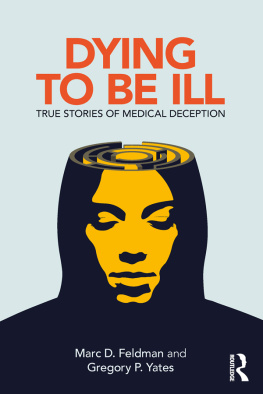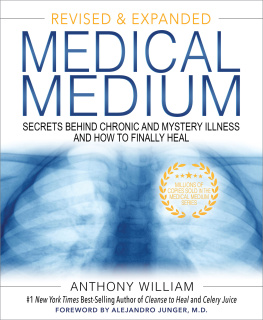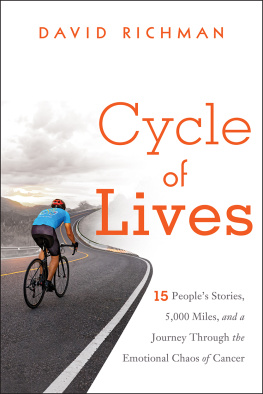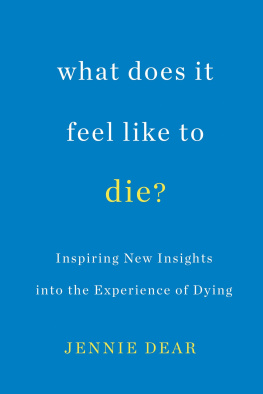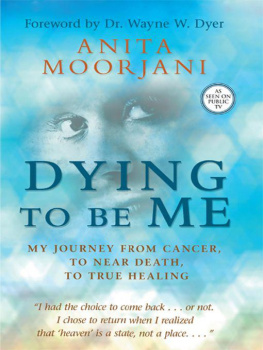As junior clinicians we are taught to listen to and believe what patients tell us. But what do we do when the patients account is not consistent with test results or third party descriptions? In this fascinating book, which includes chapters on fabricated and induced illness in children, cyber-deception and Munchausen by animal proxy, Feldman and Yates use extensive first person accounts to highlight the rich clinical material. In doing so they encourage us to think beyond con ventional therapeutic relationships and to confront the ethical and professional dilemmas posed. In considering what motivates people to fabricate or deceive they introduce us to potential ways of trying to understand and manage these complex needs.
Christopher Bass, MA, MD, FRCPsych, Consultant
in Liaison Psychiatry, John Radcliffe Hospital
How could a mother do that to her child? Why would people deliberately make themselves ill? This book provides insight into these questions through first-hand narratives that are accompanied by the informed and thoughtful analyses of Dr. Feldman and Mr. Yates. Dying to Be Ill is a must both for professionals and any one else attempting to understand the perplexing world of medical deception.
Mary J. Sanders, Ph.D., Clinical Associate Professor,
Stanford University Medical School
Dr. Marc Feldman is a widely acclaimed expert on factitious disorder a condition that is often missed in clinical practice, causes tremendous suffering, and is very challenging to treat. This new contribution from Dr. Feldman is a fascinating and very valuable contribution that sheds important light on this often-misunderstood mental health condition.
Katharine A. Phillips, MD, Professor of Psychiatry,
Weill Cornell Medical College & Warren Alpert
Medical School of Brown University
In Dying to Be Ill, Marc Feldman and Gregory Yates examine illness deception with utmost clarity. It is rich in clinical material that illustrates the complicated features of illness deception. They elucidate the factors associated with the disorder, its multivariate forms, and the impact it has on others. They then proceed to clarify various treatment approaches for this challenging condition. This book represents an impressive state of the art overview from Dr. Feldman who has established himself as one of the worlds foremost experts on illness deception.
Stuart Eisendrath, MD
Dying to be Ill makes a significant contribution to the literature by documenting the lived experience of people who suffer with a disorder that has been neglected by the healthcare and psychiatric communities. The narratives and first-hand accounts elicit compassion for, and remorse from, those willing to tell their story. It is time for the treatment of factitious disorders to move more toward the addiction, or disease model, while reducing stigma and shame that often deters those afflicted from getting much needed treatment.
Beatrice Crofts Yorker, JD, RN, MS, FAAN, Professor Emerita
of Nursing and Criminal Justice and Retired Dean of Health and
Human Services California State University, Los Angeles
Dying to be Ill
Most of us can recall a time when we pretended to be sick to reap the benefits that go along with illness. By playing sick, we gained sympathy, care, and attention, and were excused from our responsibilities. Though doing so on occasion is considered normal, there are those who carry their deceptions to the extreme. In this book, Dr. Marc Feldman describes peoples strange motivations to fabricate or induce illness or injury to satisfy deep emotional needs. Doctors, family members, and friends are lured into a costly, frustrating, and potentially deadly web of deceit. From the mother who shaves her childs head and tells her community he has cancer, to the co-worker who suffers from a string of incomprehensible tragedies, to the false epilepsy victim who monopolizes her online support group, disease forgery is ever-present in the media and in many peoples lives. In Dying to be Ill, Dr. Feldman, with the assistance of Gregory Yates, has chronicled this fascinating world as well as the paths to healing. With insight developed from 25 years of hands-on experience, Dying to be Ill: True Stories of Medical Deception is sure to stand as a classic in the field.
Marc D. Feldman, MD, is an international expert in medical deception. His work has been featured in more than 200 magazines and newspapers, and on television and radio shows worldwide.
Gregory P. Yates, MA, is a prize-winning graduate of Oxford University and holds a Masters degree from the University of Birmingham (UK). He is currently studying medicine in the UK.
Dying to be Ill
True Stories of Medical Deception
Marc D. Feldman
Gregory P. Yates
First published 2018
by Routledge
711 Third Avenue, New York, NY 10017
and by Routledge
2 Park Square, Milton Park, Abingdon, Oxon, OX14 4RN
Routledge is an imprint of the Taylor & Francis Group, an informa business
2018 Taylor & Francis
The right of Marc D. Feldman and Gregory P. Yates to be identified as authors of this work has been asserted by them in accordance with sections 77 and 78 of the Copyright, Designs and Patents Act 1988.
All rights reserved. No part of this book may be reprinted or reproduced or utilized in any form or by any electronic, mechanical, or other means, now known or hereafter invented, including photocopying and recording, or in any information storage or retrieval system, without permission in writing from the publishers.
Trademark notice: Product or corporate names may be trademarks or registered trademarks, and are used only for identification and explanation without intent to infringe.
Library of Congress Cataloging-in-Publication Data
A catalog record for this book has been requested
ISBN: 978-1-138-06381-5 (hbk)
ISBN: 978-1-138-06383-9 (pbk)
ISBN: 978-1-315-16081-8 (ebk)
Typeset in Bembo and Gill Sans
by Florence Production Ltd, Stoodleigh, Devon, UK
To my three best friends: my son (Lee), my daughter (Sara),
and my poodle (Max)
To my parents, and to Bill Gurney
Contents
The essential psychological issues in each case in this book reflect real-life events. Except when accurate names and identifying characteristics of persons and locations were already provided elsewhere, or when subjects asked that their real names be used, they have been changed to protect individual privacy and anonymity.
Recognizing that language reveals key elements of personality and culture, the authors have made every effort to preserve individuals own voices as they recount their stories. Dialectical and grammatical idiosyncrasies are therefore incorporated into the narrative where appropriate. British spellings are retained when the narrators are from the UK.
The authors have exerted every effort to ensure that treatment options and recommendations set forth in this text are in accord with current recommendations and practice at the time of publication. However, in view of ongoing research, changes in government regulations, and the constant flow of information, and because human and mechanical errors sometimes occur, the authors recommend that readers follow the advice of a professional directly involved in their care.

